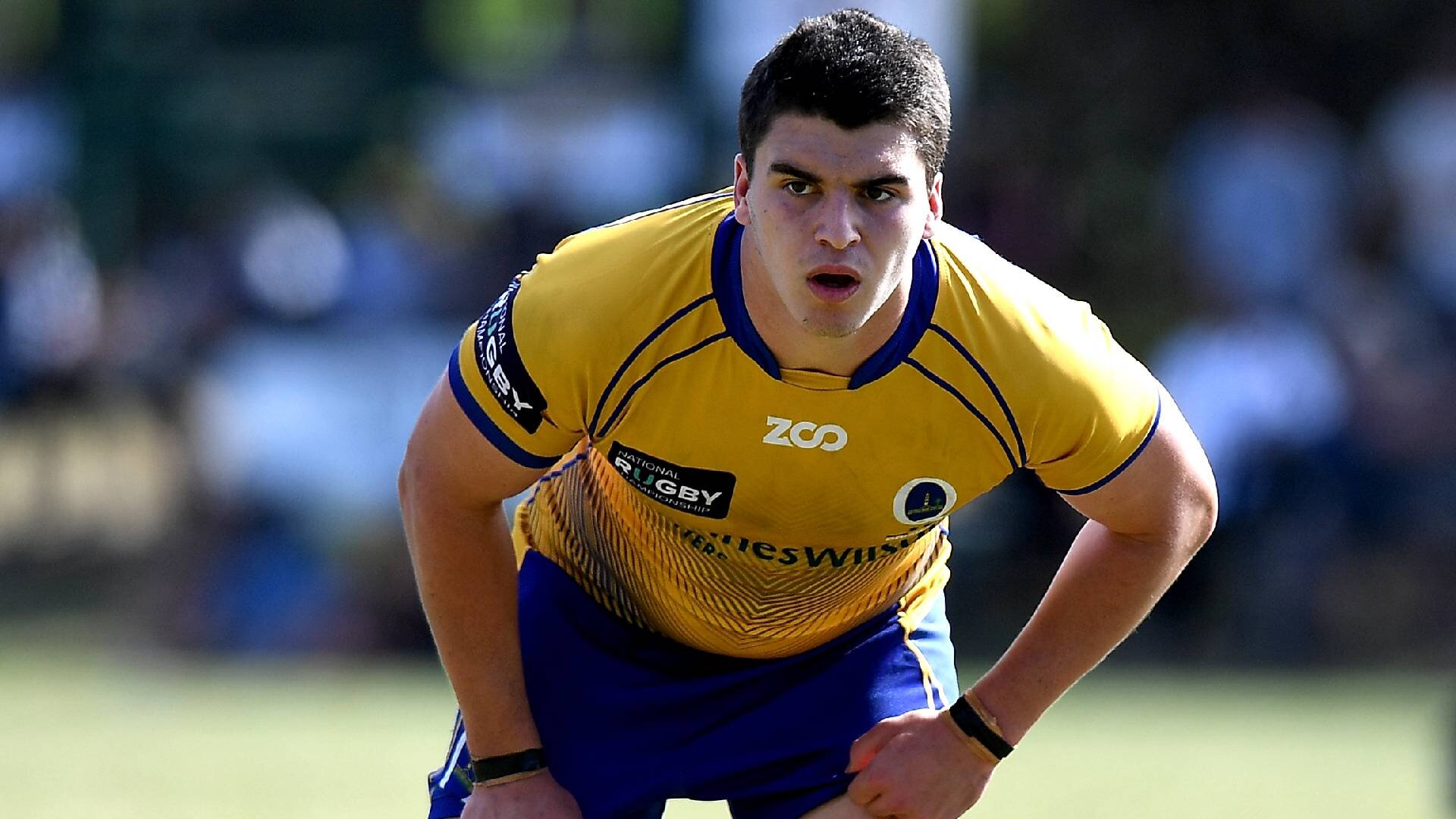Son of Wallabies legend set to push for Super Rugby debut after being signed by Sunwolves

The Sunwolves have once again dipped into the offshore player market for their final season in Super Rugby, but the Japanese club’s newest recruit comes from esteemed rugby heritage.
Australian midfielder Alex Horan, son of two-time World Cup-winning Wallabies midfielder Tim Horan, was announced as one of four new additions to the Sunwolves’ training squad on Sunday night, just four weeks’ out from the club’s season-opener against the Melbourne Rebels on February 1.
The acquisition of Horan comes as a left-field selection given the youngster has yet to play at Super Rugby level, although he has featured in the National Rugby Championship for the Canberra Vikings and Brisbane City.
Continue reading below…
The 22-year-old, who is capable of playing at fullback and first-five, has also represented the Queensland Reds at U20 level, and becomes the seventh Australian to sign with the Japanese franchise ahead of the 2020 campaign, following in the footsteps of fellow countrymen Jake Schatz, James Dargaville, Jordan Jackson-Hope, Ben Hyne, Michael Stolberg and Corey Thomas.
Horan joins South African loose forward Justin Downey and Japanese front rowers Kaku Bunkei and Mamoru Harada in signing with the Sunwolves in a training capacity, while props Chris Eves and Hencus van Wyk signed full contracts with the side.
The influx of foreign talent means that just six of the Sunwolves’ 29-man squad are Japanese, with the bulk of the team being made up of players hailing from New Zealand, Australia and South Africa.
The @NSWWaratahs may have found their replacement for controversial fullback @IzzyFolau after entering negotiations for a player swap deal with the @MelbourneRebels.https://t.co/L9QeNOLNCF
— RugbyPass (@RugbyPass) January 7, 2020
Former England and British and Irish Lions midfielder Ben Te’o has also been signed for the forthcoming season, alongside Georgian hooker Jaba Bregvadze, Samoan prop Jarrad Adams, Tongan loose forward Onehunga Havili and Fijian winger Burua Inoke.
After coming into camp in Tokyo on Monday, the Sunwolves will have just one pre-season fixture against a Barbarians side on January 25 before they host the Rebels in Fukuoka a week later.
It was announced earlier this year that the Sunwolves would be culled from the competition from 2021 as Super Rugby reverts back from a conference-based regular season to round-robin system with just 14 teams.
The Japan Rugby Football Union were unable to “financially underwrite” the team after 2020, Super Rugby’s governing body SANZAAR said in March.
In other news:
























































